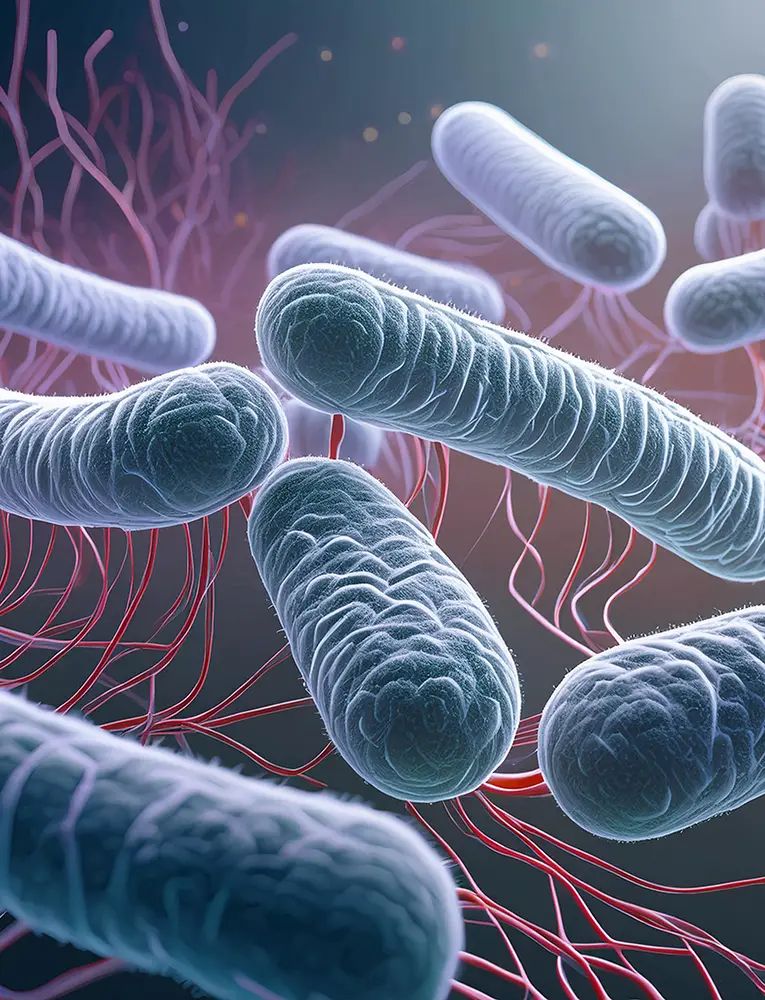Royal Decree 487/2022, which regulates the sanitary requirements to prevent and control Legionellosis, has been in force for one year since its enactment in January 2023. This decree establishes fundamental measures to guarantee safety in facilities susceptible to harboring Legionella bacteria, addressing aspects such as water quality, the development of prevention and control plans, and the responsibilities of the different actors involved.
During the first year of implementation, the affected companies and entities have worked to adapt to the new provisions, complying with the deadlines established for each section of the decree. This has involved ensuring that the facilities comply with the water quality criteria, as well as the preparation and implementation of Legionella prevention and control plans (PPCL) and sanitation plans (PSL).
However, although the possibility of modifying the Royal Decree had been contemplated in February, no additional changes have been published so far. This lack of modifications has led companies to continue to comply with the current provisions, with the expectation of possible adjustments in the future.
On the other hand, the Ministry of Health has maintained active communication with the sector, providing answers to frequently asked questions about the Royal Decree through an updated document. This document includes comments on possible future modifications, suggesting that consideration is being given to adjusting certain aspects of the decree to improve its effectiveness and clarity.
Among the possible modifications raised are changes in the definition of responsibilities between the owner and operator of an installation, as well as adjustments to the design requirements for manufacturers and installation companies. Adjustments to maintenance and overhaul schedules, sampling procedures, and sample collection and transport protocols have also been discussed.
It is important to note that an online technical seminar is scheduled for the end of May, where it seems that the latest developments in relation to the RD will be presented.

